Tehya | She/They
The Hummingbird
California, USA
Mediterranean Forests, Woodlands, and Scrub
Session 9: May 24, 2023
When I was a kid, the running joke of my family was that I would be the one to save us. Saving us from what was never actually outlined. But somewhere along the line, I took it to mean saving the very world we call home.
I went to school in New York to protect the nature that I grew up with in California: the redwoods I used to hike in, the hummingbirds that visited my backyard. My New York apartment, meanwhile, was a 200-square-foot studio shoved between two 50-story luxury buildings. My view? A concrete patio I didn’t have access to.
But we did what we could. We turned our rotting fire escape into a balcony, decorated it with a picnic blanket, lined it with miniature succulents to fake a green space (never quite taking the plants out of the plastic containers they came in.)
Still, I couldn’t help but feel a hollowness. In school, I studied ecosystems we hoped to save while staring down concrete. It became hard to visualize the world I knew back home, where thousand-year-old redwoods towered over any sense of ego bubbling inside of you. For the first time ever, I actually noticed the difference in feeling between being planted on the true ground, feet to earth, versus existing multiple stories above land. I swear I could feel the energy of the neighbors below. I’d wondered if they’d had breakfast that morning, if they struggled to fall asleep in the hot human summer nights that were only growing worse each year. Conceptualizing entire lives through floorboards: that’s how much I craved any sense of connection.
And then one early spring day, in the week of warmth and sunshine before “second winter” hits, I noticed a small weed growing across the alleyway from our so-called balcony. I forgot about it for another month or so as the cold returned. But as the storm subsided, I looked over to see that the weed still stood. Taller. Stronger than before. It became a type of meditation to notice the plant as it grew. And the same way you might call a friend to say, “Look at the moon!” on gorgeous nights, my partner and I would take turns pointing out the new growth. By summer, it grew so tall it covered the back-alley window of the opposite building (we never actually knew if it was apartments or offices, but it was pretty much always empty either way).
Every day I would look out the window at the reminder of something growing, something very much alive, something against all odds fighting to survive. And I was taken back to a story I heard once as a kid at camp: the one about the hummingbird who saved the world when it was covered in a blanket of darkness.
How the hummingbird flew a little bit each day to reach the drape blanket.
How the other animals laughed at him.
They thought he was too small, too weak to be the hero of his own story.
How he reached the blanket.
He poked holes in the darkness to reveal the light.
To create the moon and the stars.
How he did it alone.
For so long, I thought I had to be the hummingbird. I thought that I had to do it all myself. But our fight for climate justice will never be an easy one. There’s certainly no one hero that’s going to swoop in and save us all. But we can all try a little bit each day. Fight a little bit, survive a little bit.
Most of all, we can notice.
We can appreciate.
We can find kinship in the weed across the alleyway.
Maybe even grow alongside it.
Tehya is a sustainability advisor, environmentalist, and two time award winning filmmaker with roots in the climate storytelling space. They are a Co-Owner and Green Producer at Stranded Astronaut Productions, an artist collective and production house that specializes in climate and social impact content.
